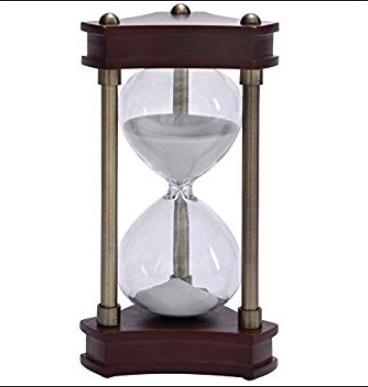During the past 9+ decades, vaccines for genital herpes have come and gone. Make that gone and gone. This is because, despite nearly a century of research, there is still not a single vaccine that can treat or prevent either HSV-1 (commonly known as oral herpes) or HSV-2 (genital herpes) (1). The two viruses together infect about two-thirds of the people in the world.
But perhaps we are nearing the time when some news, hopefully good, will be coming from Vical, a San Diego-based biopharmaceutical company, which I wrote about earlier this year when its cytomegalovirus (2) vaccine failed. Phase II results of VCL-HB01, the company's therapeutic vaccine for HSV-2, are expected to be released in mid-2018. (The ClinicalTrials.gov identifier for this trial is NCT02837575.)
At this time it is difficult to gauge the utility of VCL-HB01, a bivalent vaccine, which is being developed in collaboration with the University of Washington. According to Vical, in Phase 1/2 trials (3), the experimental vaccine "demonstrated a statistically significant reduction in genital lesion rate compared to baseline."
(If this language sounds vaguely familiar, during my interview with Chip Clark, the CEO of Genocea last May about the progress of the company's sub-unit vaccine (4) GEN-003, Mr. Clark stated: "We have shown now in three trials that GEN-003 reduces the genital lesion rate, reduces viral shedding, and drives strong and antigen-specific T and B cell responses." Yet, only four months later, when Genocea announced that the company had pulled the plug on GEN-003 because it did not work well enough to initiate Phase III trials (5).)
This is not to say that Vical will meet with the same fate as did Genocea. While the vaccine candidates of both companies did show significant improvements in markers of infection in early trials GEN-003 this effect was not robust enough to continue development of the vaccine. The fate of VCL-HB01 is yet to be determined, but some clues should be available soon. According to the company, the results of a Phase 2 randomized, double-blind, placebo-controlled trial of approximately 225 HSV-infected adults (6). The latest update from the company indicates July 2018 as the study completion date.
We will update readers as soon as this information becomes available.
NOTES:
(1) HSV-1 readily infects both the oral and genital areas. HSV-2 infections of the mouth are rare. (Dr. Richard Whitley, University of Alabama Birmingham, private communication.)
(2) Cytomegalovirus aka CMV, HHV5, one of the nine classes of herpesviruses that infect humans, was one of the opportunistic infections that killed AIDS patients during the time before antiretroviral drugs were available. CMV rarely causes disease in people with functioning immune systems.
(3) Sometimes Phase I and II trials are partially combined. Safety and efficacy, and dose data can be obtained at the same time. Often used in cancer research.
(4) A subunit (synthetic) vaccine contains only isolated proteins or genetic materials that are isolated from the pathogen. Subunit vaccines cannot be infectious, however, they contain fewer antigens than live attenuated vaccines, so while they are safer they generate a lesser immune response.
(5) Genocea's problems were just beginning. In September Mr. Clark said: "With our research and development efforts now focused entirely on neoantigen cancer vaccines, we believe the power of ATLAS to identify the right vaccine antigens, combined with our vaccinology expertise, gives us the opportunity to create value for our shareholders by developing best-in-class vaccines for cancer patients and achieving leadership in this exciting field."
Apparently, a disagreement about the meaning of "value" arose in November 2017 when RM LAW, P.C., a firm representing Genocea investors announced that it would be filing a class action lawsuit against the company alleging that "[d]efendants made materially false and misleading statements regarding the Company's business, operational and compliance policies. Specifically, [that] the Company's finances were insufficient to support Phase 3 trials of GEN-003 [and therefore], Genocea had overstated the prospects for GEN-003 [by making] public statements were materially false and misleading at all relevant times." Genocea stock lost more than 76% of its value the next day.
(6) The Phase 2 trial began in September 2016.




